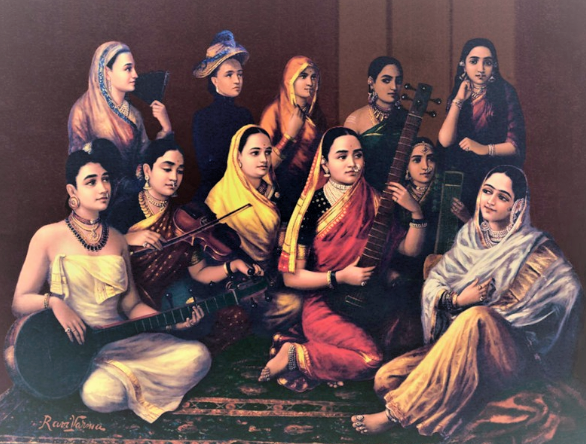Musical expectations and Cultural attributes in Music
This is a question that is often pondered by many of our piano students. Usually when they face the challenge of a new piece, or new music is presented to them. This is a situation in which many piano teachers find difficult to manage. On one side, in piano tuition, the main goal is to expand and enrich the musical palette of the student, and this is only achievable by the exposure of new styles, but on the other hand, we find reticence and even now and then, rejection from our students. In order to clarify why we have to consider the deep reason why this happens and from where it happens, going to the core to in this way, build a solid argument to persuade in a smoother way the acquisition of new “templates” of music.
Which determines our musical taste anyway? Gisela Paterno, one of the piano teachers at WKMT explains that the fact that we like or dislike music is
These are not physical attributes of the music, and they are cultural as well.

